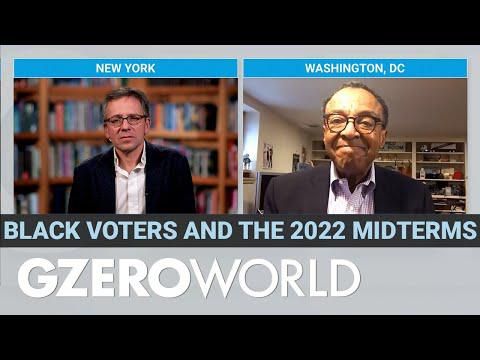
When the 1965 Voting Rights Act was passed, Pulitzer Prize-winning columnist Clarence Page had just finished high school.
This legislation changed the lives of Black people in America because Jim Crow laws had virtually prevented Blacks from voting in the South with impossible poll questions and literacy tests, he said in an interview with Ian Bremmer on GZERO World.
But the Supreme Court gutted the law in 2013, allowing states to pass new voting legislation that progressives say restricts Black access to the ballot box.
The 2022 midterm elections will be the first major test of these laws — which Democrats in Congress are unlikely to be able to stop. How will this all affect Black turnout in November?
Page explains that if Trump loyalists win in key states, their legislatures — not voters — may end up deciding the next US presidential race.
What may happen in 2024 reminds him of 1876, when the end of Reconstruction after the Civil War, along with a disputed presidential election, ushered in the Jim Crow laws that ended ability to vote in Alabama.
Page asks, “Are we going to get rid of these last vestiges of discrimination from the Jim Crow era?"